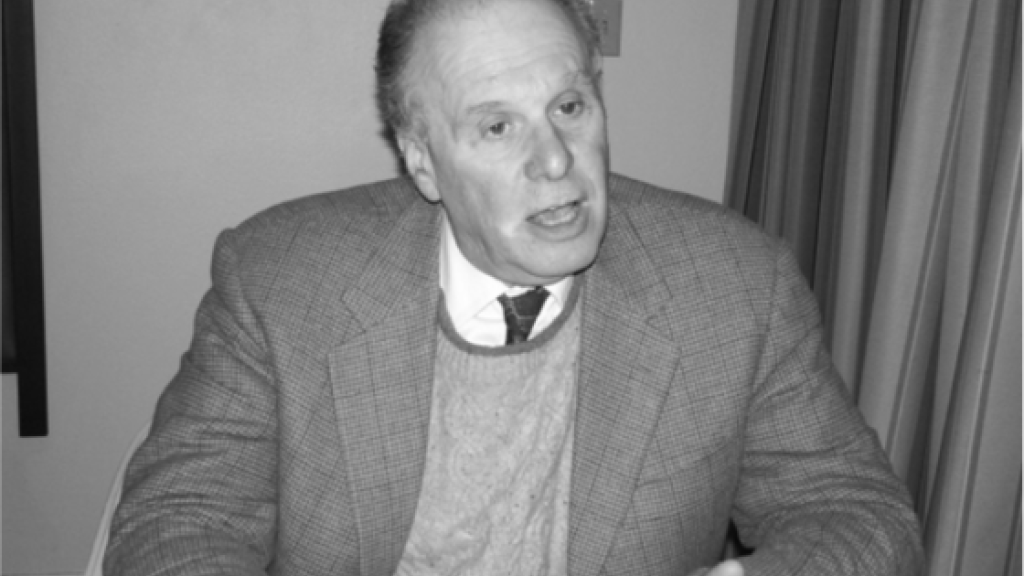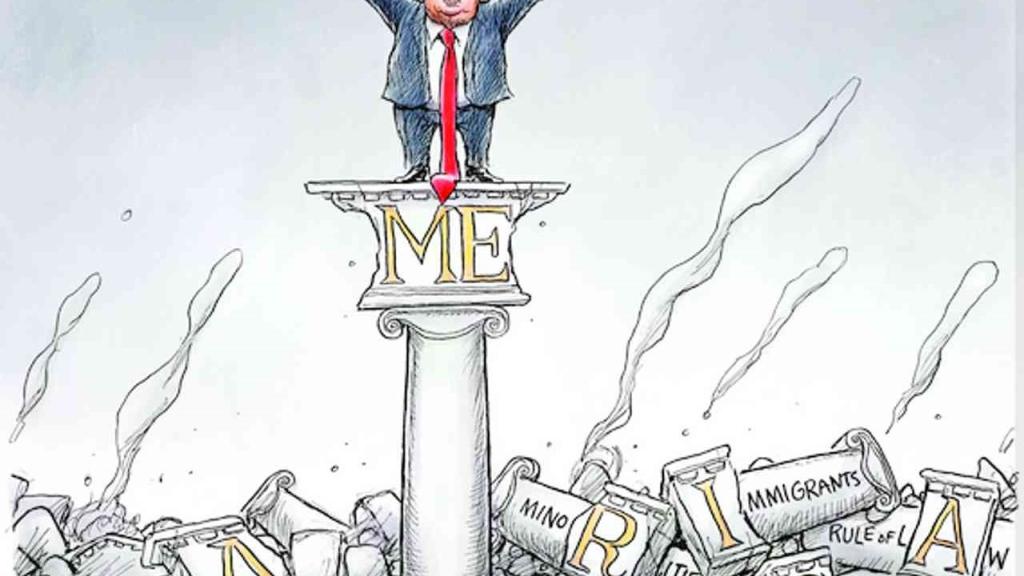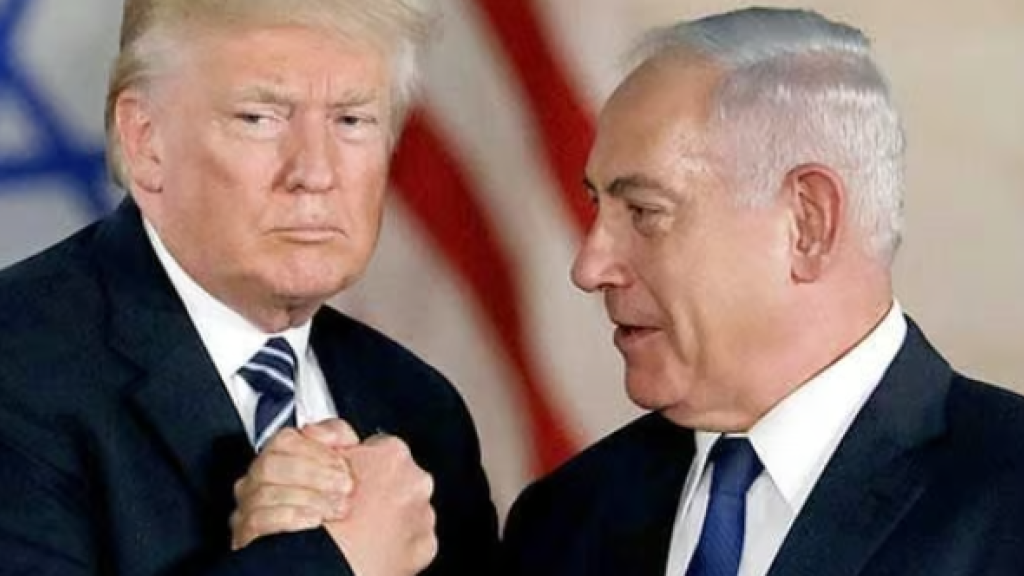Robert Brenner: ‘The most extreme characteristics of US imperialism come from its relationship to the indigenous population’

[Editor's note: The following is an edited transcript of the speech given by Robert Brenner on the “Imperialism(s) today” panel at the “ Boris Kagarlitsky and the challenges of the left today” online conference, which was organised by the Boris Kagarlitsky International Solidarity Campaign on October 8. Brenner is a US economic historian, professor emeritus of history and director of the Center for Social Theory and Comparative History at UCLA, and editor of the socialist journal Against the Current. Transcripts and video recordings of other speeches given at the conference can be found at the campaign website freeboris.info, from where the below is republished.]
The topic I was assigned is imperialism today. My argument is that the theory of imperialism put forward by Vladimir Lenin in 1916 to end World War I remains, if properly qualified, the best point of departure for understanding imperialism today.
Lenin’s theory was profoundly historical, and this is its strength. I think that is why this theory, his little pamphlet, constantly criticized and surpassed, remains a very good place to start for understanding imperialism today. It was designed to understand the operation of the international capitalist system at a certain phase of its development, namely the first decades of the 20th century. Still, I would say that it provides a surprisingly powerful conceptual framework, addressing not only Lenin’s epoch, but our own. It is about understanding the system as a whole, and that is its strength.
Lenin famously defined the capitalist system at the moment of imperialism that he was looking at in terms of five defining traits that emerged as an expression of international competition or rivalry. Looking at this material historically, we can see that what Lenin is talking about is a division of the world between one country that develops earlier, which we might call a hegemon, and those that develop later. The characteristics of each have to do with their functional requirements for reproducing international leadership on the one hand and challenging that leadership on the other.
The first go round of this system is in the late 19th-early 20th with Britain as the hegemon and the United States, Germany and Japan following behind. Later in the 20th-early 21st century the advanced capitalist countries include Germany, Japan and East Asia, with the United States as the hegemon.
That is the basic picture that we get from Lenin, with one further very important qualification. Lenin is talking about inter-capitalist relations among advanced capitalist countries. Equally important from the standpoint of the picture that we want to draw is that the agents within both these frameworks, late 19th-early 20th and 20th-early 21st century, are further defined by their relationship with the “indigenous population”.
A hugely important determinant of the form of development is its relationship to the underlying population. It is not just an imperial power but a settler imperial power. The most extreme characteristics of US imperialism come from the relationship to the indigenous population and its destruction and displacement.
The institutional arrangements that we are talking about are also forged, in part, from international rivalry. Here you have the earlier developers versus the later developers, with an important distinction between the two based on the vicious military political character of the advanced capitalist countries. You cannot understand the global regime without grasping that difference.
What I want to do is take Lenin’s theory of imperialism and apply it to the post-World War II world, hopefully bringing it up to our own time by revealing the basic outcome of the fight for international hegemony. This international rivalry imprints itself on both leaders and followers.
Lenin talked about concentration of production and capital, the merging of bank and industrial capital, trade production, the domestic market, the formation of international monopolies and colonies. What you can see here is that you have a field of natural selection. Surviving through this capitalist competition is the road in which later developers travel through these ever more elaborate set of institutional arrangements. That is true for the hegemon as well as for those countries that follow.
From the standpoint of the leader, the hegemon, the opportunity was there to advance by trade and foreign direct investment without that massive set of institutional arrangements, often relying on the institutions that were underlyingly created or produced in what became the colonized world, for example, in Latin America. On the one hand is the set of institutional arrangements designed to catch up, challenge and reproduce the hegemony. But these are also arrangements that weaken the older hegemon.
So with that in mind, I want to take the story to the postwar world and the second round of what I am talking about, which would be US hegemony. I am going to have to only briefly outline a great deal of what needs to be said, but I hope I can bring out the important points.
After World War II, US hegemony emerged and was totally dominant in every sphere. It had the power to impose its will across the board. It was able to take the form of hegemony that the British exercised in the late 19th century vis a vis the US, Germany and Japan, and impose it on the rest of the world in a very extreme form.
While international diplomacy and war was in the hands of the US hegemon, its power also created conditions for the rapid development in those follower countries most agile in transforming property relations to develop. Not every country could “play” the game. The successful followership “players” were countries that could constitute capitalist social property relations, what Karl Marx characterized as primitive accumulation.
Probably without the background of the Cold War, without the pressures to confront the Soviet Union, the US would not have had the motivation to see to the economic development of its own allies. But that in turn led to a problem: the flip side of this transformation opened the door to the decline of the hegemon. The advantage of coming early to development turned bit by bit to a disadvantage, especially given the US role of being the international policeman. The division of functions taken on by the hegemon threatened to leave the hegemon in the lurch.
This was the story of the first part of the post-war period, where you have rapid development on the part of the later developing Japanese, Germans and then East Asians. This is the dilemma that is imposed by the structure. It works too well for the hegemon and for the followers, because the hegemon finds itself ever less able to rival the followers. What we find is that starting in the 1970s, and revving up in the ’80s, is a reshaping of international institutions to enable the hegemon to function without being eclipsed. In my opinion it is quite a spectacular adjustment that leaves US hegemony even more entrenched than before.
I think this picture explains early 21st century developments. But where does Russia fit into this picture?
The Russian case is one of extremely late development burdened with non-capitalist institutions, so it is necessary for this particularly non-capitalist formation to devise a way to catch up in international competition. As a result, it is a very cramped, politically dependent form of development.
I would say that the way to see contemporary Russia is that you have a late developer without having much in the way of fully developed capitalist institutions, so it has to use political instrumentalities to catch up.
In this sense, Vladimir Putin cannot simply adopt a set of capitalist institutions and therefore must forget the classical development road. He is consequently driven toward a politically-driven development with warfare at its center.
The invasion of Ukraine in 2022 is an artificial attempt to solve the problem of backwardness through a particularly backward means.
It is not particularly surprising that it is not successful. To me, it is leading inexorably to a domestic crisis, which will most likely lead to hypertrophy of the same form rather than transformation.





